A hard rain fell on the corner of 47th and Union where Dajore Wilson, 8, was shot and killed, another child victim of Chicago’s endless street gang wars.
On this gray Tuesday morning, she would have been starting third grade.
That rain fell cold on the corner where the evening before bystanders had gathered, asking what happened, as police and ambulance lights cut into the darkening Labor Day sky.
The rain pelted everything around me with vengeance. It pelted the tree where the van the little girl had been in crashed after the gunshots.
It puddled on the grass, in the street, on the lot of the P & S Auto Body shop across the way and the sidewalk in front of the closed Cody’s Belly Bites.
If this were a fictional tale and not Chicago’s reality, it might have been a cleansing rain. But it wasn’t.
The few people I ran into didn’t want to talk about what happened to the girl.
“No,” said a man with an umbrella. “No,” said a woman, shaking her head, under her umbrella.
You couldn’t blame them. They didn’t want to get wet. Even if it had been dry and sunny, people don’t like talking about gang wars in their neighborhoods.
What good would talking do? What good does me writing about it do? Not much.
But I can write her name: Dajore Wilson. If you’re a parent, you remember 8-year-olds and the things they say that make a family laugh. You think about her looking forward to school, to Halloween, reconnecting with teachers even if on a video screen.
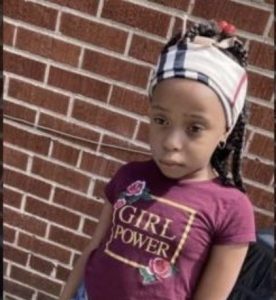
Dajore Wilson, age 8
Chicago has a habit of forgetting the names of the children killed. Whether this is about collective psychological preservation or a city gone numb, I can’t say.
But detectives don’t forget. The victims’ families don’t forget.
The political activists don’t repeat her name because there is no utility for them in having us remember, no political leverage. The memory of a little girl in braids can’t be used as a hammer for their politics.
So most of us forget, and the names of the children killed wash away in Chicago’s river of violence, with new names always slipping into that river, and they are forgotten too, and wash away.
Dajore feels nothing now. The baby is cold. And the heat of street gang revenge, if any is being planned, can’t touch her now.
As the rain fell, I wondered:
How much hard rain would it take to cleanse Chicago of the sins of what it does to its children?
Just hours after the shooting, the Tribune’s riveting news story, by reporters Peter Nickeas and Paige Fry, was as good as news writing gets.
“Paramedics rushed the yellow stretcher to the girl. Her short braids moved as the paramedics lifted her onto the stretcher. They rushed her back to the ambulance. A paramedic had cut her shirt open and was doing CPR. Those who had been standing near her jogged along with the stretcher, even if not working.
“One woman standing, watching, repeated the same profanity over and over. Another cried.
“ ‘They’re going to Comer’s,’ a Fire Department chief said to a paramedic. ‘Follow the beat car.’ ”
In that online story was a link to another. But this one wasn’t emotional. It was as cold as data can be:
The number of shooting victims younger than 10 years old in Chicago this year is three times what it was in 2019.
Chicago police Chief of Detectives Brendan Deenihan said someone in Dajore’s vehicle was targeted in what appears to be a gang hit. And the little girl took the bullets meant for someone else.
If a wealthy suburb experienced such a wave of violence against its children, angry parents would have reached the governor to demand action. But this is Chicago. City Hall worries about optics.
Ald. Ray Lopez, 15th, the Southwest Side stone in Mayor Lori Lightfoot’s shoe, wants the National Guard called in, not to act as police to make arrests, but to stand outside stores and shopping districts to discourage looting, to relieve exhausted officers working 12-hour shifts with no days off. Because tired cops make mistakes.
He didn’t expect a resolution calling for the guard to make it through committee to Wednesday’s full council meeting.
“We’re in a state of emergency, and not just COVID-19, or riots or looting. A number of my colleagues are using fear of the 1960s, to say the National Guard shouldn’t be deployed,” he told me. “But there aren’t enough resources at present to help gain control. The short-term reality is, if we don’t bring our city back, no one will want to invest money in our city and bring jobs.”
It’s not just the shootings. It’s the everyday violence that doesn’t make the news.
Like the man in Lopez’s ward a few weeks ago who asked street gang members not to sit on the hood of his truck.
“They beat the living hell out of him,” Lopez said. “When his wife came out to defend her husband, they beat her, too. We just talk and talk, and people leave, and I wonder if the city loses its soul.”
In Chicago, when children are cut down they make the news for a little while. The police describe the crime, the politicians talk and then change the subject.
Each weekend brings more shootings and more death in the street gang wars. More children are forgotten.
And City Hall worries about optics.
Is there a rain hard enough to cleanse Chicago of sins like these?
Listen to “The Chicago Way” podcast with John Kass and Jeff Carlin — at www.wgnradio.com/category/wgn-plus/thechicagoway.
___
(c)2020 the Chicago Tribune
Visit the Chicago Tribune at www.chicagotribune.com
Distributed by Tribune Content Agency, LLC.
—-
This content is published through a licensing agreement with Acquire Media using its NewsEdge technology.



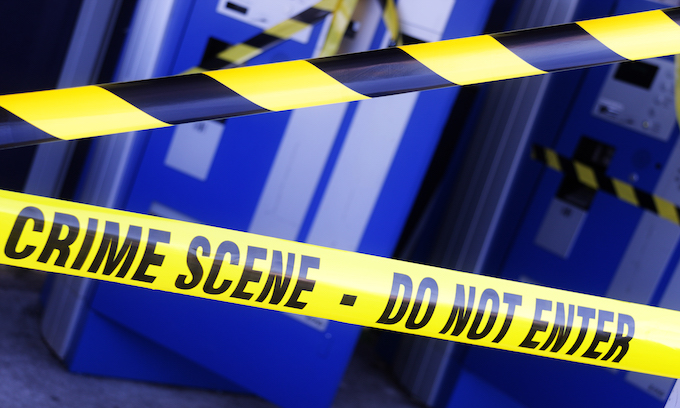
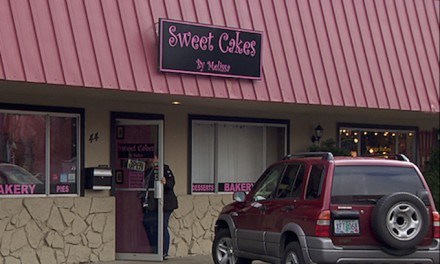
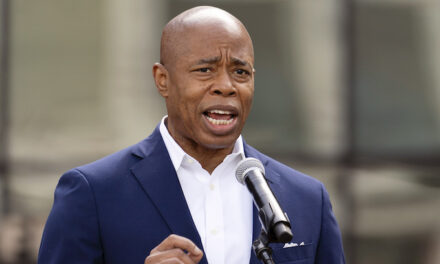
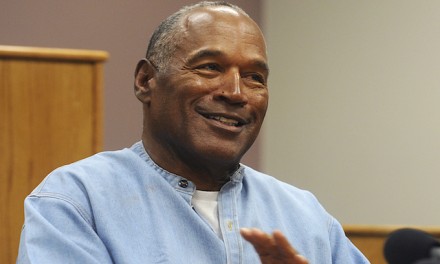
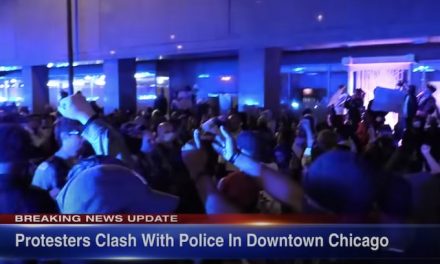






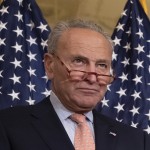




Recent Comments